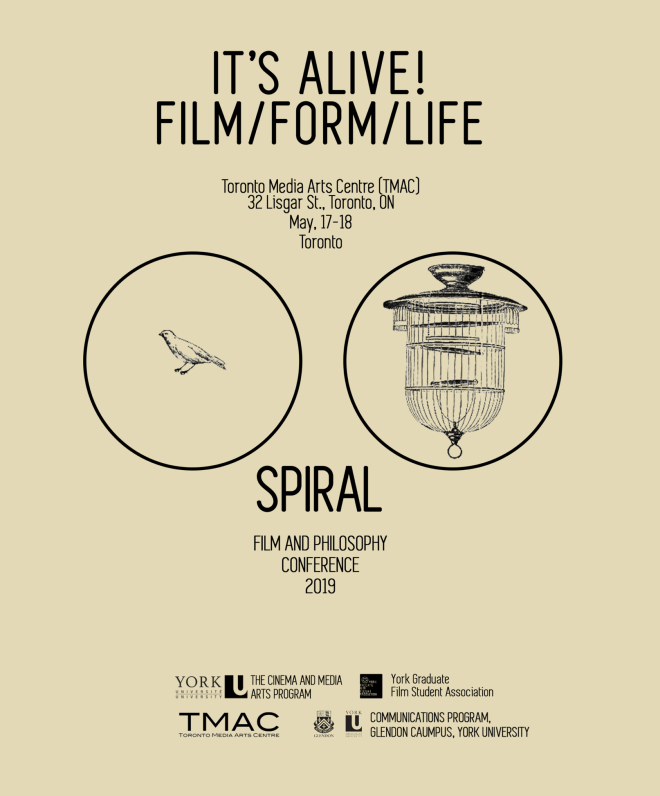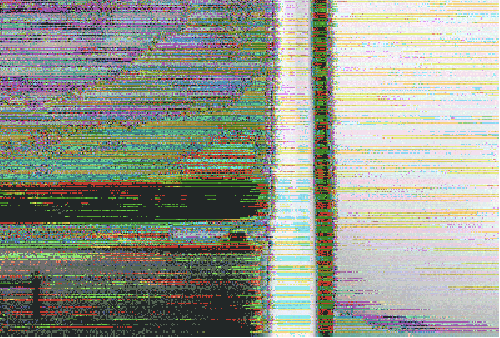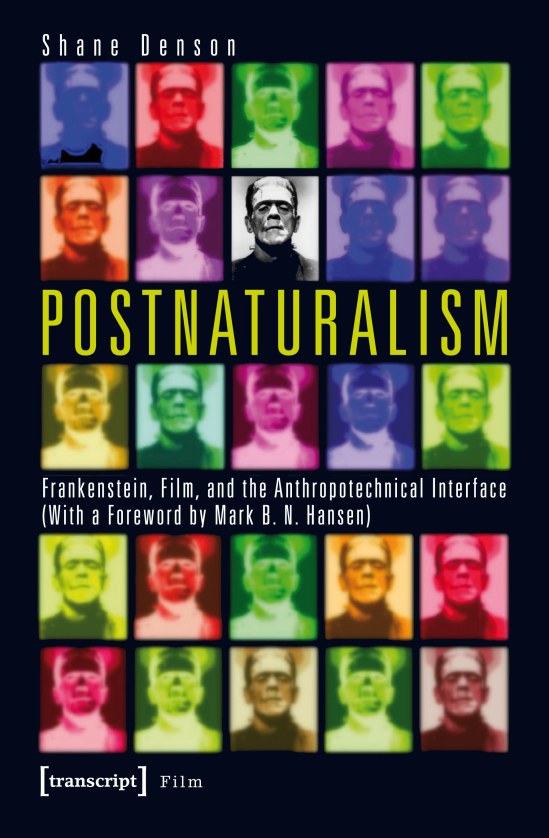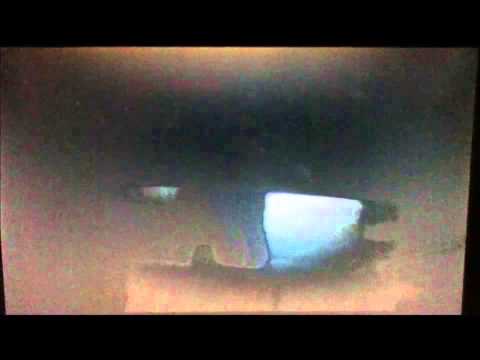
Please join us for our next event with M. Beatrice Fazi on Tuesday February 28 @ 5-7pm Pacific time. We’ll meet in the Stanford Humanities Center, as usual. Zoom Registration, if not able to attend IRL: https://tinyurl.com/39tsjc62
The topic of Beatrice’s talk is “On Digital Theory.”
Abstract:
What is digital theory? In this talk, M. Beatrice Fazi will advance and discuss two parallel propositions that aim to answer that question: first, that digital theory is a theory that investigates the digital as such and, second, that it is a theory that is digital insofar as it discretizes via abstraction. Fazi will argue that digital theory should offer a systematic and systematizing study of the digital in and of itself. In other words, it should investigate what the digital is, and that investigation should identify the distinctive ontological determinations and specificities of the digital. This is not the only scope of a theoretical approach to the digital, but it constitutes a central moment for digital theory, a moment that defines digital theory through the search for the definition of the digital itself. Fazi will also consider how, if we wish to understand what digital theory is, we must address the characteristics of theoretical analysis, which can be done only by reflecting on what thinking is in the first place. Definitions of the digital, definitions of thought, and definitions of theory all meet at a key conceptual juncture. To explain this, Fazi will discuss how to theorize is to engage in abstracting and that both are processes of discretization. The talk will conclude by considering whether the digital could be understood as a mode of thought as well as a mode of representing thought.
Bio:
M. Beatrice Fazi is Reader in Digital Humanities in the School of Media, Arts and Humanities at the University of Sussex, United Kingdom. Her primary areas of expertise are the philosophy of computation, the philosophy of technology and the emerging field of media philosophy. Her research focuses on the ontologies and epistemologies produced by contemporary technoscience, particularly in relation to issues in artificial intelligence and computation and to their impact on culture and society. She has published extensively on the limits and potentialities of the computational method, on digital aesthetics and on the automation of thought. Her monograph Contingent Computation: Abstraction, Experience, and Indeterminacy in Computational Aesthetics was published by Rowman & Littlefield International in 2018.








